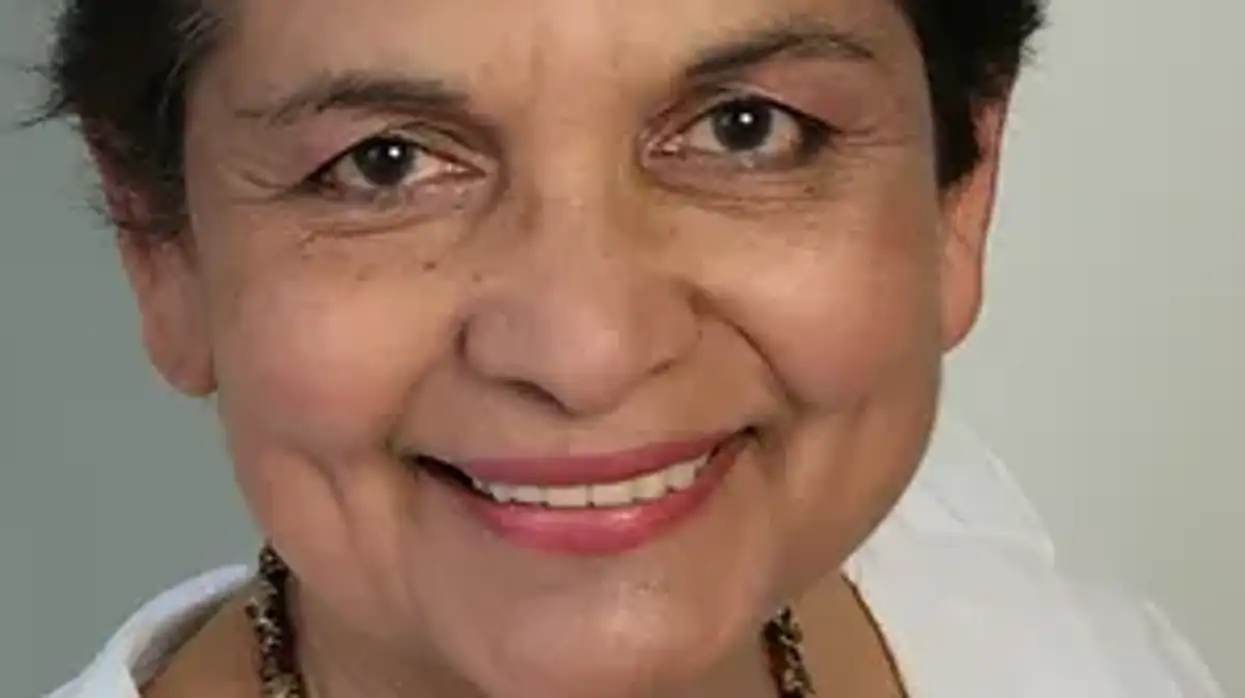PSYCHIATRISTS have developed a reputation for seeking to blame patients’ mums for psychological problems during therapy. So, what then of the psychiatrist’s own mother?
In fact, it was she who encouraged me to consider psychiatry, then a deeply unpopular speciality, while I was at medical school.
Our beloved mum, Dr Lakshmi Persaud, an award-winning author, died peacefully in her sleep on January 14 in the north London home which she had shared for almost 50 years with her husband, professor Bishnodat Persaud, who pre-deceased her in 2016.
My father, her husband, was head of economic affairs at the Commonwealth Secretariat and widely acknowledged to have substantially influenced the Indian government of the time into embracing a new revolution in economic policy, thus creating the current tiger economy. So, he is perhaps responsible for lifting millions of Indians out of poverty.
In October 1994, the Trinidad Guardian newspaper published the bestseller list for Caribbean books published abroad. At the time, Lakshmi Persaud had published two novels in the UK. Sastra was placed first on the list and Butterfly in the Wind, fifth.
In recognition of her work, including five novels, Warwick University established a ‘Lakshmi Persaud Research Fellowship’.
For the 50th anniversary of the independence of Trinidad and Tobago, the National Library awarded Lakshmi with a lifetime literary award. In October 2013, the University of the West Indies awarded an honorary degree (Doctor of Letters), DLitt.She already had a PhD from Queen’s University in Belfast.
In March 2020, a Chaconia Medal (gold) followed, as part of the National Awards in Trinidad and Tobago.
Her novels have been used as text books for literature courses in universities across the world, while extracts have been used in English examinations in the Caribbean from ‘11+’ to GCSE level.
Born in 1939 in rural Trinidad, an island in the West Indies, her forefathers – Hindus from Uttar Pradesh – moved from India to the Caribbean in the 1890s. She was perhaps one of the very first female authors of Indian heritage to write about the experience of Indians in the Caribbean, particularly from a feminist perspective.
According to the Observer in the UK, “The empathy with which Lakshmi Persaud writes of the natural world and the warmth of her descriptions suggests that she learnt much from the place where she grew up.”
Dr Stewart Brown, senior lecturer in African and Caribbean literature, University of Birmingham, said of one of her novels: ‘I would hope that the judges for the Booker prize pay due attention to For the Love of my Name, it is of that quality and originality’.
Her short story, See Saw Margery Daw, was broadcast by the BBC World service on November 18 and 19, 1995. Maybe it is a testament to her influence that her daughter-in-law, Ingrid Persaud, won the BBC National Short Story Award in 2018. Her novel, Love after Love, won the Costa Book Award for first novel in 2020.




